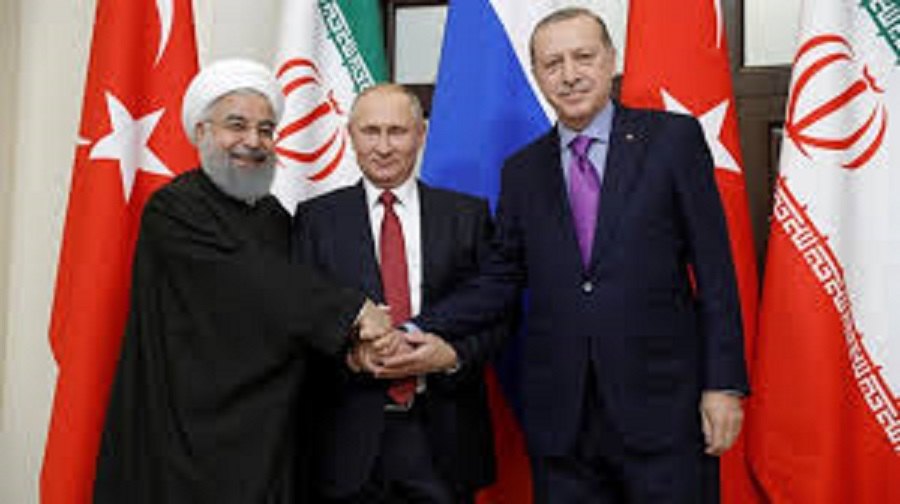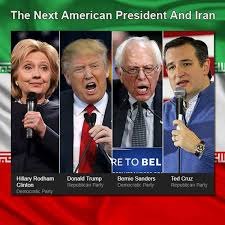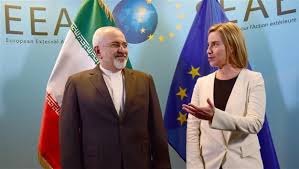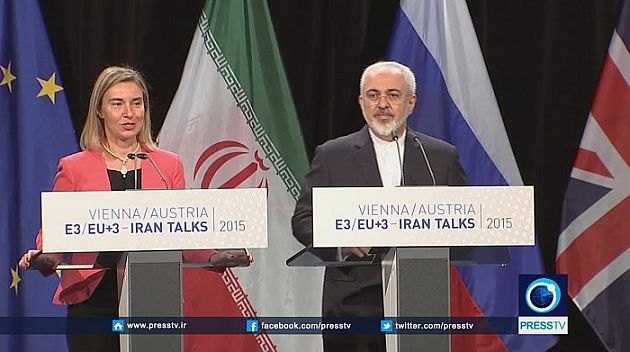New Diplomatic Attempts during Trump
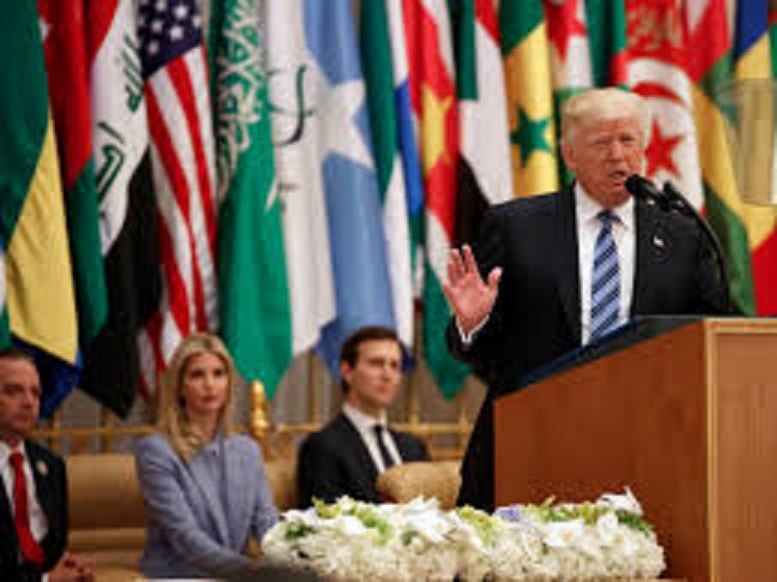
Aliakbar Asadi
Taking the power in the US by Trump and adopting a strict policy towards Iran have led to a tense atmosphere for the planning and promoting new diplomatic attempts against Tehran in the region. This situation has created a proper opportunity of competing or hostile actors especially Saudi Arabia to take measures in order to create a broad and coherent regional coalition against Iran. While Trump’s recent visit to Riyadh shows the culmination of such movements, the realities indicate that the coalition making against Iran faces obstacles and challenges in the course of action.
The US allies in the region are those who were critical of the US policies during Obama administration and considered the reduced presence of the US in the region as well as the absence of a coherent approach towards Iran as the Main disadvantages of the policies of Washington.
The issues such as insisting on the need for paying the price of the US security making for Saudi Arabia by Riyadh and even linking the extremism with Saudi were not considered as acceptable for that country. However, Trump’s expressing discontent with JCPOA; criticizing Iran’s regional role and influence; and stressing on the need of taking a more active role by the US vis-à-vis existing crises were among the issues welcomed by the countries such as Saudi Arabia.
Trump’s speech in his visit to Riyadh on radical Islam in the preens of the leaders of some of the Islamic countries and his stress on the need to distinguish between radical and moderate Islam in one of the in one of the centers on the expansion of the extremism represent represents serious contradictions in the views of Trump.
Trump has asked for paying more costs by the Persian Gulf Arab countries due to the security provided for them by the United States of America and stressed several times that there should be a balance between the provision of security on the one hand and the payment of the costs on the other hand.
Countering Iranian influence in the region should include taking serious activities and bringing changes in the process of situation and the balance in three major areas, namely Yemen, Iraq and the Levant region.
The USmissilestrike on al-Shayrat airfield in Syria as well as Trump’s strict positions in comparison to Obama has made hopes for Saudis regarding the changes in Syria.
Normalization of relations between Israel and Arab countries, also pursued by a country like Saudi Arabia, is among Trump’s priorities in the field of diplomatic interactions.
There are several elements and factors that make the reduction of Tehran-Baghdad relations as well as the weakening of Iran’s influence in Iraq very difficult and even impossible among which the followings can be mentioned:
Uncertainty of the Iraqi government on the continuation of the US supports; Doubt on the motives of Saudi Arabia’s closeness to Iraq and various supporters of Iran in that country; and Iran’s real support vis-à-vis political and security process in Iraq after Saddam.
A relative discourse unity or the closeness of diplomatic statements against Iran does not mean that the interests of different actors and their views regarding Iran’s deterrence are the same.
It seems that Trump pursues other important priorities and despite his tendency towards the reduction of Iran’s influence as well as attempting to provide a competent image of the new administration, is not interested in engaging in excessive tensions with Iran. Thus, managing the motivations and measures of each of the actors engaged in the coalition can lead to the reduction in the solidarity of a possible coalition.
Refraining from the radicalization of the situation in any of the fields of competition while maintaining power and structural influence in those fields can lead to a gradual change in the situation in the course of time through reducing the motives for coalition-making against Iran.


